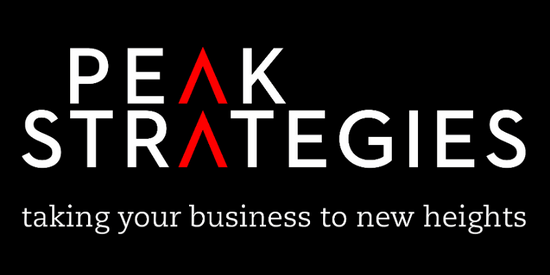Why the right business structure matters – now and into the future
Australia’s small business sector is powered by families, and in pharmacy, this couldn’t be truer. From multigenerational dispensaries to siblings building health hubs, there’s a unique pride in growing something that blends purpose, care, and legacy.
But passion alone isn’t enough. As your pharmacy grows, so do the questions:
Who makes the final call?
How is income shared?
What happens when someone wants out or passes on?
The answer lies in structure.
Passion Fuels It. Structure Protects It.
Family-run businesses often start with trust and shared values. But, without a clear legal and financial structure, even the closest teams can face unexpected challenges: ownership disputes, missed tax opportunities, or difficult succession events.
Getting the structure right from the start helps:
Protect personal and business assets
Minimise unnecessary tax burdens
Set clear expectations
Support long-term goals and legacy planning
Choosing the Right Structure
Sole Trader
Best for: solo owner-operators starting out
Easy to set up and manage
Taxed at personal income rates
No asset protection
Harder to transfer or sell
Partnership
Best for: two or more people sharing responsibility
Shared profits and decision-making
Requires a strong, clear agreement
No limited liability
Exit planning essential
Company
Best for: pharmacies wanting to grow or bring in partners
Separate legal entity with limited liability
Easier to raise capital and expand
More tax and legal flexibility
Higher compliance requirements
Discretionary (Family) Trust
Best for: families focused on wealth building and asset protection
Trustee controls assets and distributes profits
Tax-effective and flexible
Strong asset protection
Commonly used with a corporate trustee
Unit Trust
Best for: joint ventures and fixed ownership models
Ownership tied to units (like shares)
Fixed income distribution
Easier transfer of ownership
Less flexible for tax planning
Structure Isn’t Static
The right structure today may not suit tomorrow. You may need to change or add structures as your goals shift:
Bringing in a new partner or family member
Launching a side project
Buying premises
Planning retirement or succession
A review is essential when:
Your personal situation changes
Your business value increases significantly
You add shareholders or acquire major assets
Proactive planning saves stress, money, and relationships.
Plan for Life’s Changes
Marriage, divorce, illness, or even the birth of a grandchild - these life moments impact your business too. Strong documentation (wills, shareholder agreements, powers of attorney, buy-sell clauses) ensures your business isn’t left vulnerable during difficult times.
Structure Shouldn’t Be Driven by Tax Alone
Tax efficiency matters - but simplicity, clarity, and flexibility are equally important. An over-complicated structure might look smart on paper, but can:
Limit borrowing ability
Be costly to manage
Confuse future generations or business partners
The goal is to pay only what you need to, not more and not at the cost of long-term security.
Build With Confidence - Not Regret
Your structure isn’t just a legal formality; it’s the foundation of your business. With the right advice, you can protect what you’ve built and prepare for what’s next.
If you’re unsure whether your current setup still serves your goals, we’re here to help. Let’s review where you are, where you’re headed, and how to create the strongest path forward.
For a more detailed overview and comparison of basic business structures, refer to our downloadable guide here.

